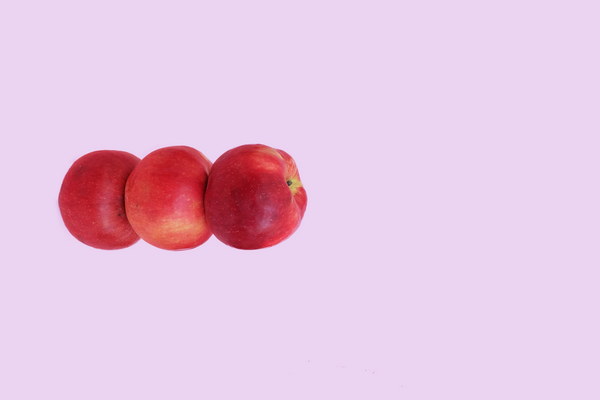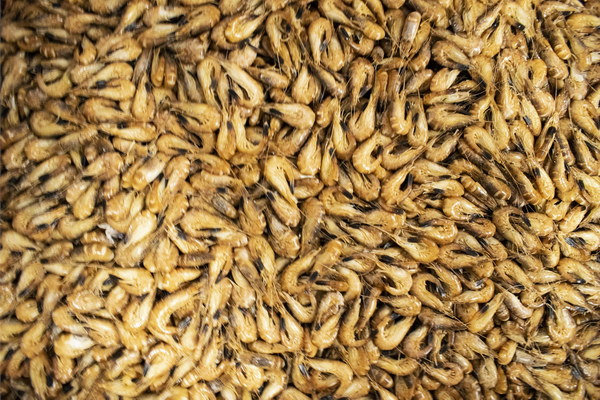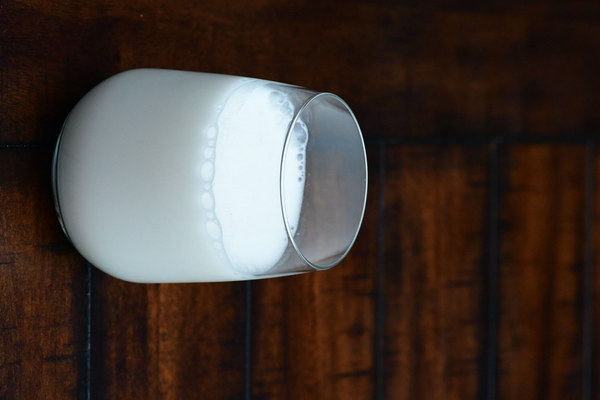Can Gastritis Patients Take Kidney and Liver Tonifying Medications
Gastritis, a common digestive disorder, affects millions of people worldwide. It is characterized by inflammation of the stomach lining, which can lead to symptoms such as abdominal pain, nausea, and bloating. While medication and lifestyle changes are essential for managing gastritis, many patients wonder whether they can take kidney and liver tonifying medications. In this article, we will explore the relationship between gastritis and kidney and liver tonifying medications.
Firstly, it is crucial to understand the functions of kidney and liver tonifying medications. These herbal remedies are designed to enhance the functioning of the kidneys and liver, which are vital organs in the body. The kidneys filter waste products and excess fluid from the blood, while the liver metabolizes nutrients, detoxifies harmful substances, and produces bile to aid in digestion.

Gastritis patients may be interested in kidney and liver tonifying medications due to the belief that these organs play a role in digestion and overall health. However, it is important to note that there is limited scientific evidence to support the efficacy of these medications in treating gastritis directly.
In some traditional Chinese medicine (TCM) practices, kidney and liver tonifying herbs are used to address underlying imbalances that may contribute to gastritis. For instance, TCM suggests that kidney and liver disharmony can lead to poor digestion, which might exacerbate gastritis symptoms. However, it is essential to differentiate between TCM and Western medicine approaches.
When considering the use of kidney and liver tonifying medications for gastritis, there are several factors to consider:
1. Consult a healthcare professional: It is crucial to consult with a healthcare provider before starting any new medication, including herbal remedies. A healthcare professional can assess your condition and provide personalized advice.
2. Potential interactions: Some kidney and liver tonifying herbs may interact with other medications you are taking for gastritis or other health conditions. It is essential to inform your healthcare provider about all the medications and supplements you are currently using.
3. Quality and purity: Ensure that the herbal remedies you choose are of high quality and purity. Look for products that have been tested for contaminants and standardized for active ingredients.
4. Timing and dosage: Follow the recommended dosage and timing provided by your healthcare provider. Overdosing or taking the medication at the wrong time may worsen your symptoms or lead to adverse effects.
5. Symptom improvement: Monitor your symptoms and overall well-being while taking kidney and liver tonifying medications. If you do not notice any improvement, consult your healthcare provider to reassess your treatment plan.
It is important to note that while some individuals may find relief from their gastritis symptoms by using kidney and liver tonifying medications, others may experience no benefit or even adverse effects. Therefore, it is crucial to approach the use of these medications with caution and under the guidance of a healthcare professional.
In conclusion, while there is limited scientific evidence to support the use of kidney and liver tonifying medications for gastritis, some individuals may find relief through these herbal remedies. However, it is essential to consult with a healthcare provider, consider potential interactions and side effects, and ensure the quality and purity of the products before starting any new treatment. Remember, the most effective and safe approach to managing gastritis is through a comprehensive treatment plan that includes medication, lifestyle changes, and dietary adjustments.









